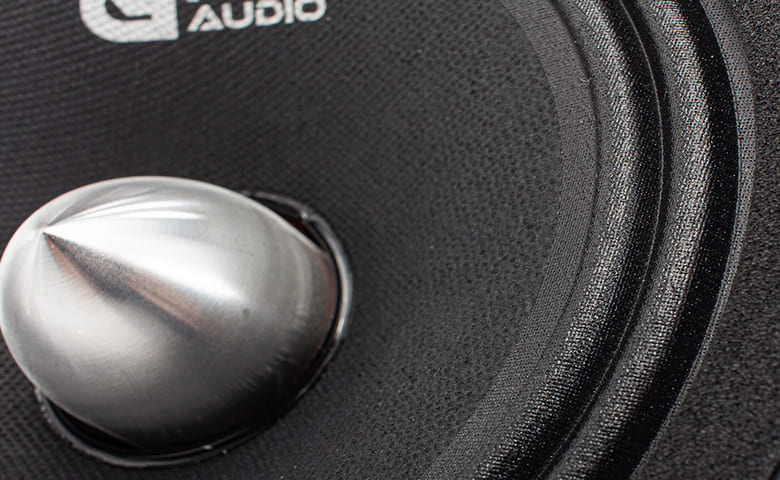No Products in the Cart

A lot goes into designing a car audio system that’s right for you. Maybe you’ve already thought a lot about it. But have you considered how to handle the issue of impedance?
Hmmm. Sounds pretty technical, doesn’t it? But impedance is really a straightforward concept that’s easy to understand. Simply put, it refers to resistance to electrical current that can impede—get it?—the quality of your audio signal. And that makes sense, because the music you hear coming out of your speakers is just sound that’s been carried in the form of electricity.
You don’t have to be an electrical engineer to understand how impedance works. Just picture a signal passing from your amplifier to the voice coils in your speakers, then think about the resistance that signal, or the “load,” as it’s sometimes called, runs into along the way. That resistance is impedance, and it can disrupt the flow of alternating current (AC) from the input source to the outputs, resulting in distortion and diminished audio quality. Impedance is measured in ohms, which is a product of your system’s volts divided by its amperes. The symbol for impedance is “Z.”
Every speaker has an ohm rating, which is designated by the upper-case omega symbol Ω. Speakers come with different ohm ratings, usually 2 or 4 ohms, although some may have ratings of 8 or even 16. However, 4 ohms is the most common and the one you’ll probably see on factory components. Here’s the difference, though: The lower the ohms, the less resistance. That lets more power from the amplifier to get through, and that means you’ll have more volume. For example, a 2-ohm speaker will be louder than a 4-ohm speaker, because the signal travels with less resistance. The 4-ohm won’t produce as much volume, but because it carries fewer watts, it won’t have the “raw” electric sound quality that a 2-ohm speaker sometimes has.

There is no “rule” about the impedance rating a speaker should have. How you intend to use the speaker is the best guide. Most audio speakers carry a 4-ohm rating, because that’s usually the best for a small, confined space. They also process lower-range frequencies better and make for a more refined sound in a tight enclosure. And because they channel less power than a 2-ohm does, they tend to be more durable and will hold up better over time.
By contrast, the lower impedance level (usually a 2-ohm, or in some rare cases, a 1-ohm), may have more power than you need for an automobile, unless it has an unusually large cab that can handle more volume. The real disadvantage, though, is that because it has a less restricted power flow from the amplifier, it’s more likely to overload, or even blow a fuse. The higher wattage may also end up making a hissing sound, or produce other electronic noises that are downright unpleasant. But it will be louder, if volume’s your objective.

In a word, maybe. While it’s certainly possible to attach lower ohm speakers to higher amplifier settings, it’s not always the best idea. At the very least, you could pay a price in sound quality, sacrifice some volume, or just not get enough “oomph” out of your favorite bass-oriented music. Yet many audio owners attach 8-ohm speakers to a 4-ohm amplifier. But going the other way—a higher-ohm amplifier to lower-ohm speakers—is definitely not advisable. If your components are too mis-matched, you could actually blow a fuse or damage your audio equipment, maybe even beyond repair.
If you’re in doubt as to the impedance rating of a speaker, look for the Ω symbol on the back of the speaker—it should plainly display the rating. If not, you can test manually with a meter by attaching the leads to the terminal, but remember to disconnect it first—it is attached to a 12-volt car battery, after all. Or, if you’ve kept the speaker’s installation manual, you can certainly find the information there.
If all of this seems a little intimidating, don’t sweat it. A good car audio system is an important investment and you can get answers to your questions. Genius Audio can help! We’re here and we have over 40 years of experience working with speaker components and everything else audio. We offer state-of-the-art sound equipment of all types and every accessory to go with it. You’ll find whatever you need regardless of where you are in your audio design journey, and we’ll help you along the way. Together we can discover what’s best for you and then get it to you ASAP. Give us a shout today.